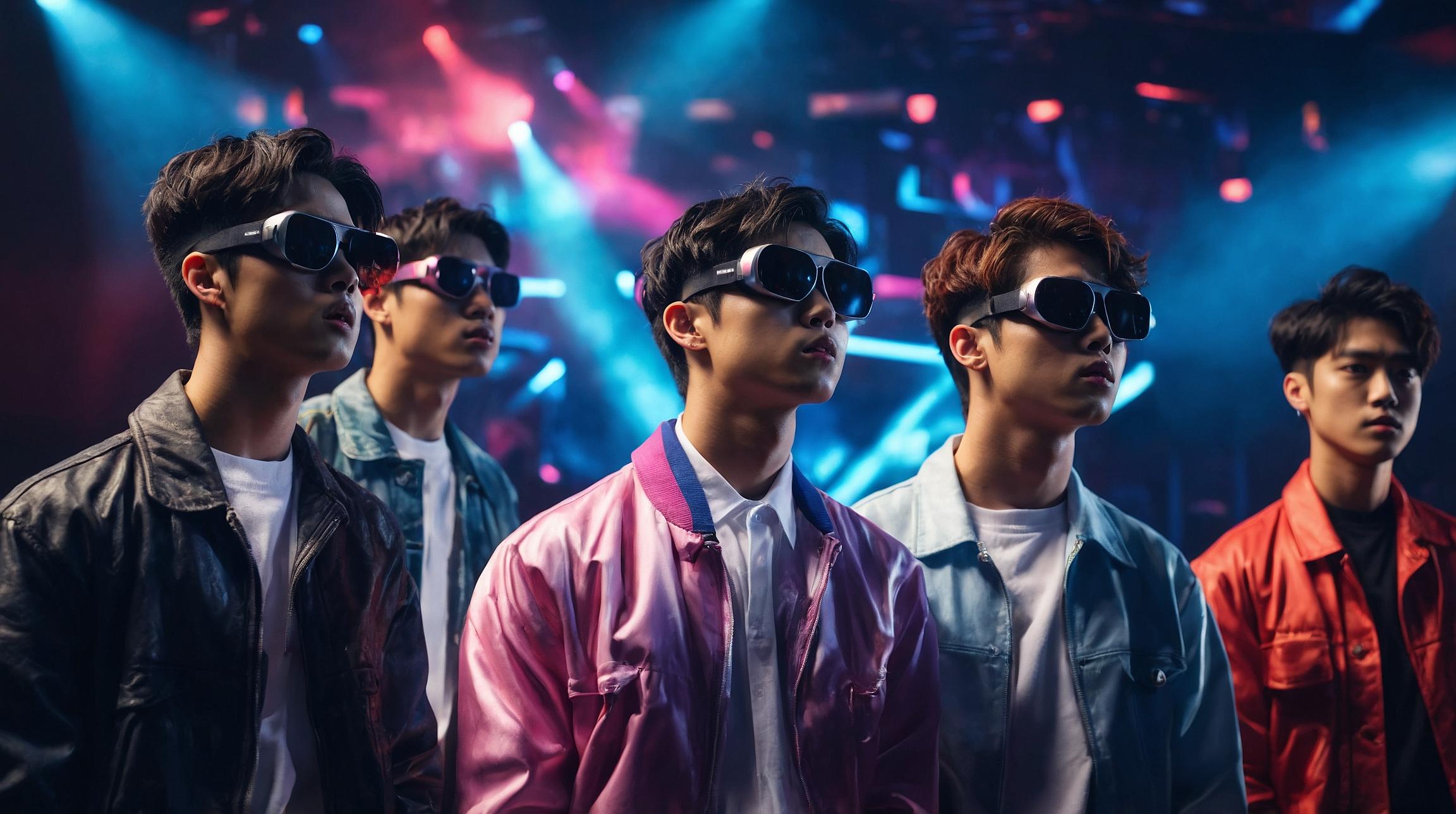DeepSeek’s Meteoric Rise in the AI Landscape
Chinese AI lab DeepSeek has rapidly gained international attention after its chatbot app topped the Apple App Store and Google Play charts. The company’s AI models, designed with compute-efficiency in mind, have sparked debate among Wall Street analysts and technologists about the U.S.’s future leadership in AI and the sustainability of AI chip demand.From Hedge Fund Roots to AI Innovation
DeepSeek originated from High-Flyer Capital Management, a Chinese quantitative hedge fund that leverages AI for trading. Founded in 2019 by AI enthusiast Liang Wenfeng, High-Flyer began as a hedge fund focused on AI-driven algorithms. In 2023, it established DeepSeek as a dedicated AI research lab, which later spun off into an independent company. DeepSeek invested heavily in its own data centers for model training but faced challenges due to U.S. export restrictions on advanced hardware. The company adapted by utilizing Nvidia H800 chips, a less powerful alternative to the restricted H100 chips used by U.S. firms.A Young, Diverse Technical Team
The company’s technical staff largely consists of young doctorate-level AI researchers recruited from leading Chinese universities. Notably, DeepSeek also hires individuals without computer science backgrounds to enrich its AI’s understanding across various fields.Breakthrough Models Driving Recognition
DeepSeek launched its initial AI models in November 2023, including DeepSeek Coder, DeepSeek LLM, and DeepSeek Chat. The release of DeepSeek-V2 in early 2024 marked a turning point, offering a versatile text and image analysis system that excelled in benchmarks while being significantly cheaper to operate than competitors. The subsequent DeepSeek-V3 model, unveiled in December 2024, further elevated the company’s profile. Internal testing suggests V3 outperforms prominent AI models such as Meta’s Llama and OpenAI’s GPT-4o. DeepSeek’s R1 reasoning model, introduced in January 2025, matches OpenAI’s o1 model on key benchmarks and offers enhanced self-fact-checking capabilities. This enables more reliable outputs in technical fields like physics and math, albeit with longer processing times. However, DeepSeek’s models are subject to China’s internet regulations, requiring responses to align with “core socialist values.” Consequently, certain politically sensitive queries, such as those about Tiananmen Square or Taiwan, are censored.User Engagement and Developer Adoption
By March 2025, DeepSeek’s chatbot app had attracted over 16.5 million visits, ranking second in China despite a 25% drop from February’s peak. While this is modest compared to ChatGPT’s 500 million weekly active users, DeepSeek’s models have seen substantial traction among developers. DeepSeek’s permissive licensing enables commercial use and has led to over 500 derivative models based on R1, accumulating 2.5 million downloads on platforms like Hugging Face.Unclear Business Model Amidst Geopolitical Tensions
DeepSeek operates with a business model that remains opaque. Its products are priced well below market rates, with some offered for free. Despite strong venture capital interest, the company reportedly avoids external funding, attributing its cost advantage to efficiency breakthroughs—though some experts question these claims. The company’s rapid ascent has unsettled established players, contributing to an 18% drop in Nvidia’s stock in early 2025 and prompting public remarks from OpenAI CEO Sam Altman. The U.S. government has responded by banning DeepSeek on federal devices, citing concerns over data security and propaganda. Several other governments and organizations, including South Korea and New York State, have imposed similar bans. Microsoft also restricts employee use of DeepSeek due to security concerns, though it integrates DeepSeek’s models into its Azure AI Foundry platform.Industry and Regulatory Reactions
While OpenAI labels DeepSeek as “state-subsidized” and “state-controlled,” Nvidia CEO Jensen Huang praises its innovative “reasoning” models for their high compute demands. Meta’s CEO Mark Zuckerberg acknowledges ongoing AI infrastructure investment as a strategic priority despite DeepSeek’s competition. The U.S. government’s growing wariness culminated in plans to ban DeepSeek on government devices, reflecting broader concerns about foreign influence in critical AI technologies.FinOracleAI — Market View
DeepSeek’s emergence as a formidable AI contender highlights the shifting balance in global AI innovation. Its cost-efficient models challenge established Western incumbents, while its ties to Chinese state interests raise complex geopolitical and regulatory questions.- Opportunities: Efficient AI models could democratize access and accelerate AI development globally; broad developer adoption fosters ecosystem growth.
- Risks: Geopolitical tensions may limit DeepSeek’s market access; regulatory scrutiny and bans could hinder scalability outside China.
- Technological Impact: Advances in reasoning models push the frontier on AI reliability and application in scientific domains.
- Market Dynamics: Pressure on AI chip demand and pricing; intensified competition among AI providers.
Impact: DeepSeek’s rise signals increased fragmentation and competition in the AI landscape, underscoring strategic challenges for policymakers and industry leaders worldwide.
Contents













